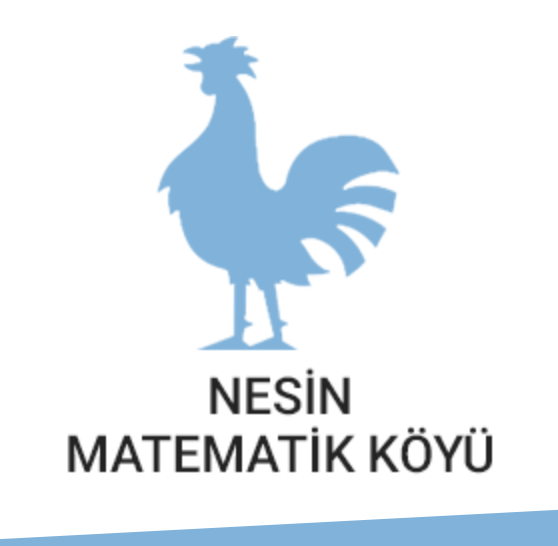23-29 September 2019
Title of the course: Introduction to Iwasawa theory
Instructor: Dr. José-Ibrahim Villanueva-Gutiérrez
Institution: Universität Heidelberg
Dates: 23-29 September 2019
Prerequisites: Algebra II, Topology, Analysis
Level: Advanced undergraduate
Abstract: The fundamental theorem of arithmetic states that each integer can be written in a unique way as a product of units and powers of prime numbers. This is equivalent to say that every ideal of Z is principal, equivalently that the ideal class group of Q is trivial.
If we take an arbitrary finite extension K of Q, i.e. a number field, the fundamental theorem of arithmetic might be no longer true in the ring of integers of K. Hence, the ideal class group might be non trivial. In the 50’s the Japanese mathematician K. Iwasawa figured out a way to describe the growth of the p-part of the ideal class group in some special towers of field extensions.
Nowadays Iwasawa theory has generalised in several ways. The purpose of this course is to give an insight on Iwasawa’s original approach which is a milestone on modern number theory. In particular we will study the following subjects
The Iwasawa algebra A
Structure Theorem of noetherian A-modules
Zp-extensions to prove the above mentioned classical theorem of Iwasawa.
Textbook: Short notes and exercices in https://www.mathi.uni-heidelberg.de/~jgutierrez
Suggested references:
L. C. Washington. Introduction to cyclotomic fields, volume 83 of Graduate Texts in Mathematics.
Springer-Verlag, New York, second edition, 1997
Serge Lang. Cyclotomic fields I and II, volume 121 of Graduate Texts in Mathematics. Springer-Verlag, New York, second edition, 1990. With an appendix by Karl Rubin
J. Neukirch, A. Schmidt, and K. Wingberg. Cohomology of number fields, volume 323 of Grundlehren der Mathematischen Wissenschaften. Springer-Verlag, Berlin, second edition, 2008
Language: EN

